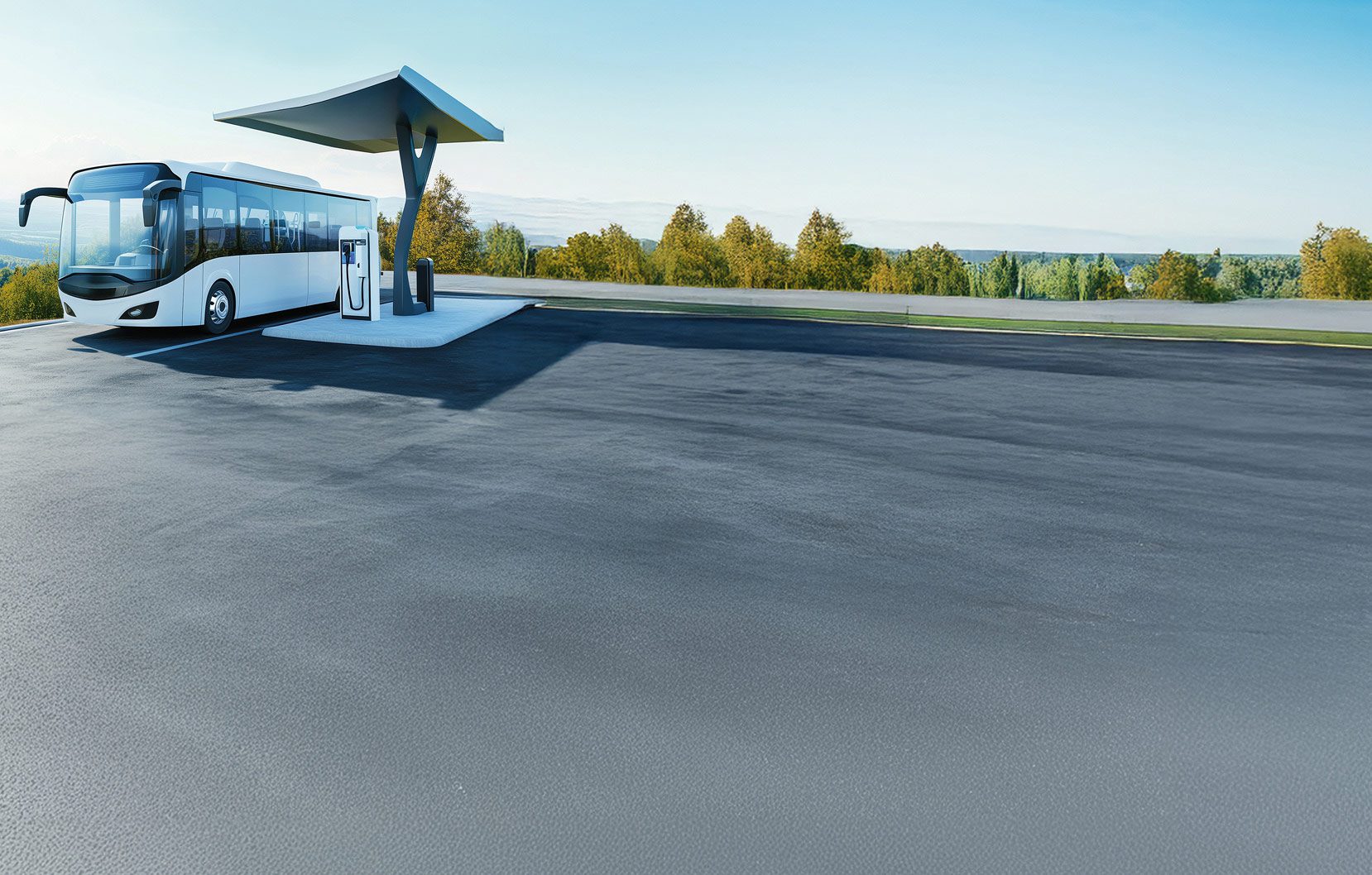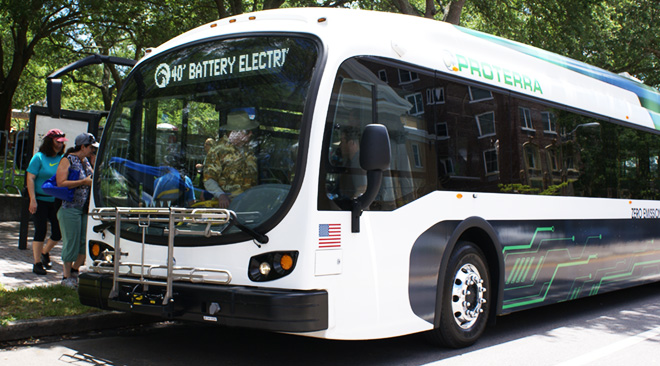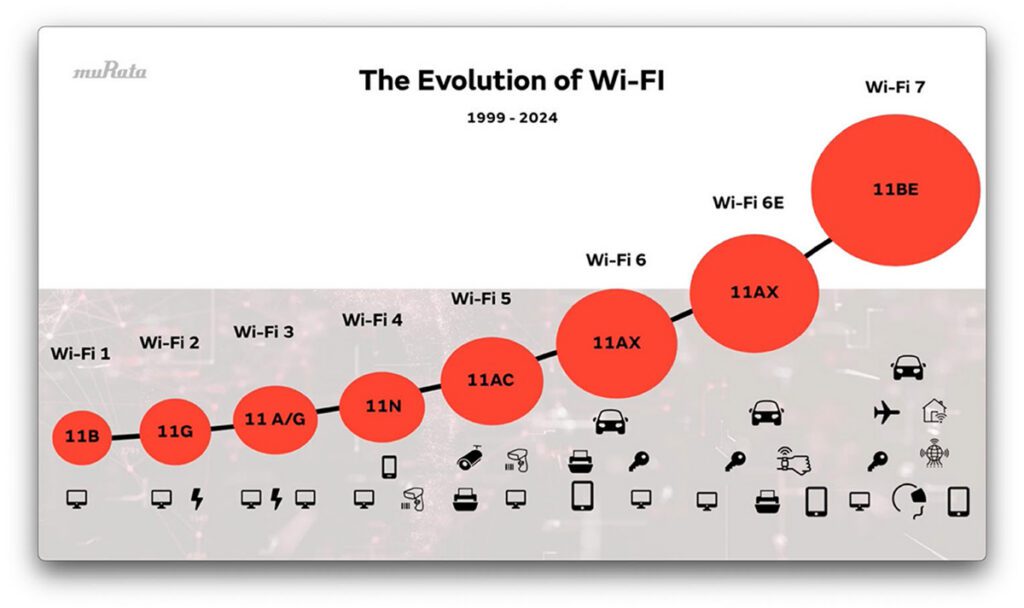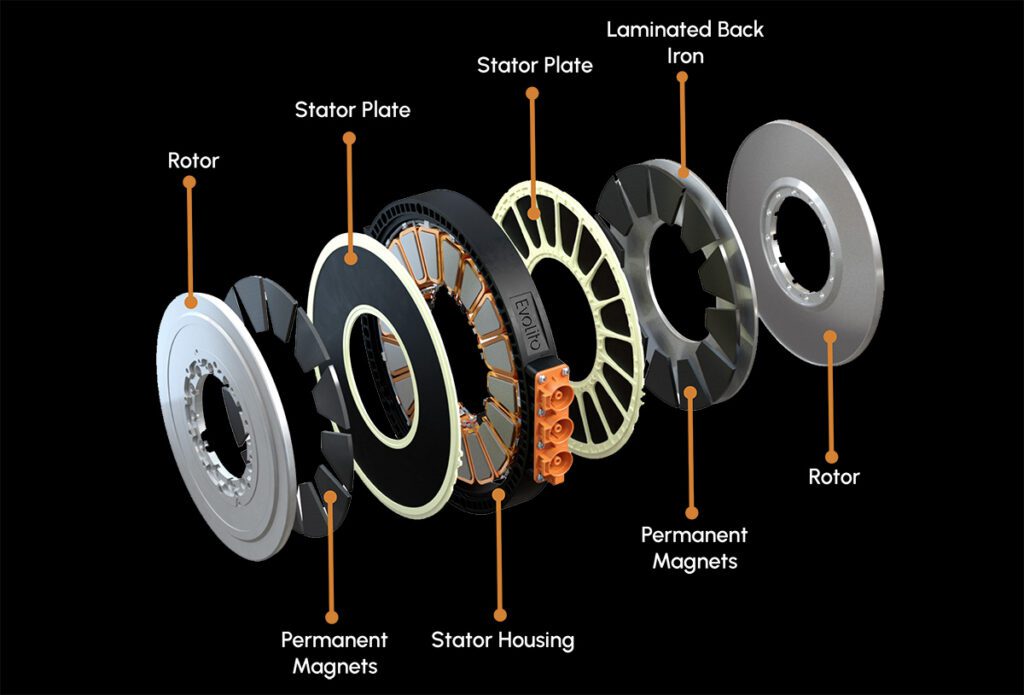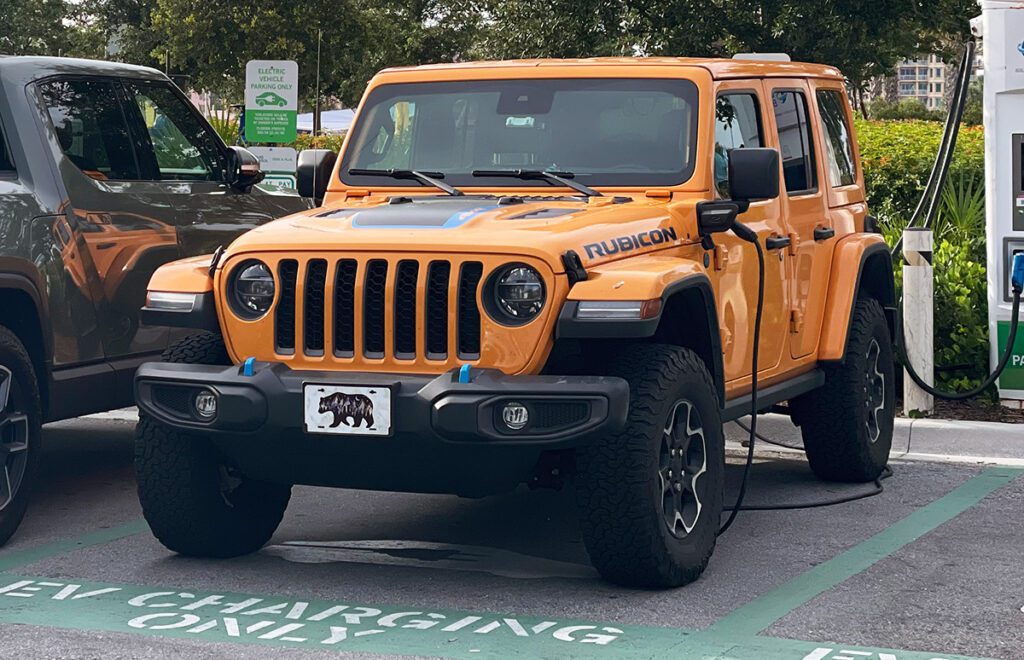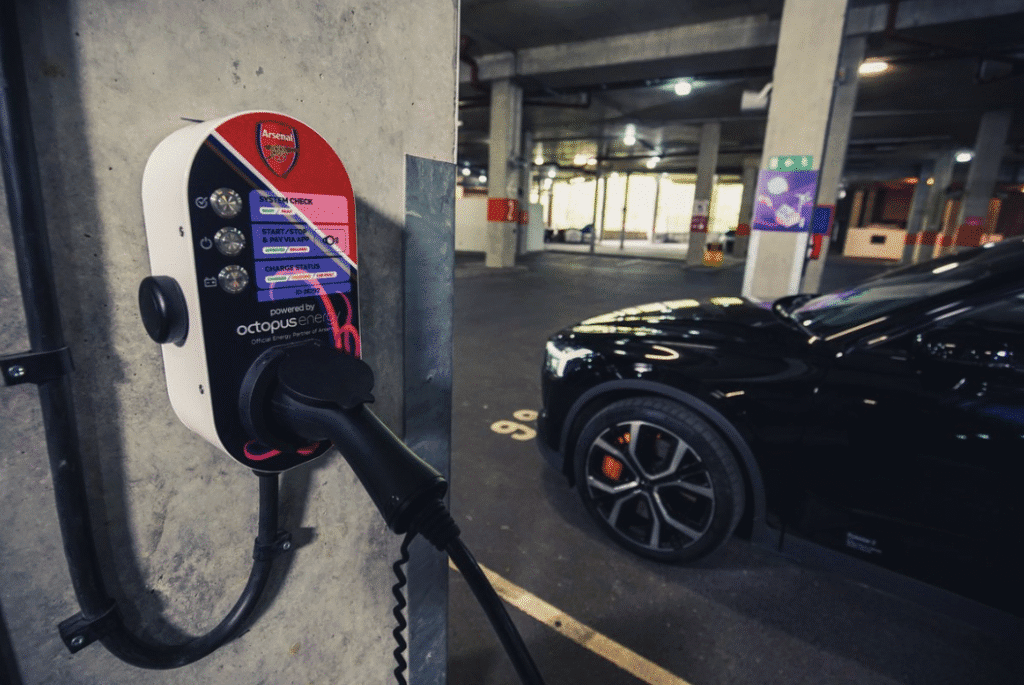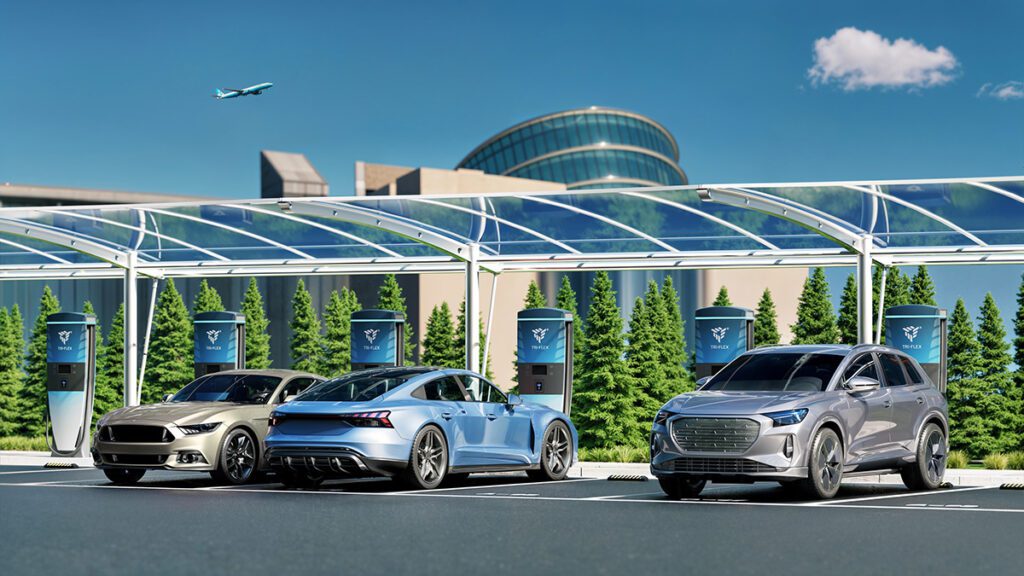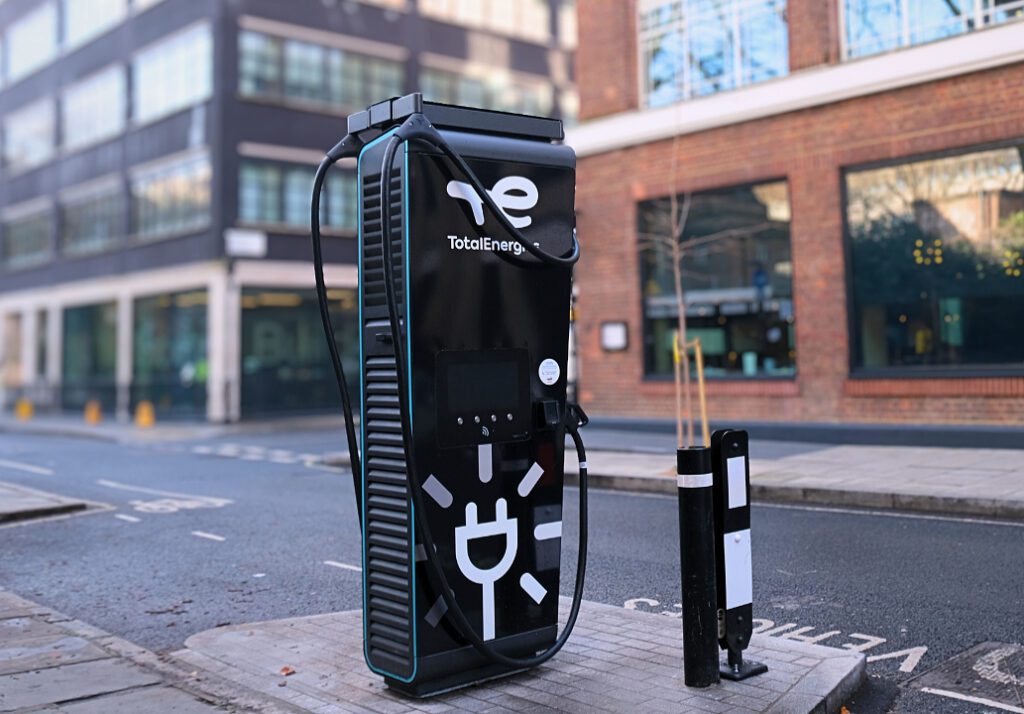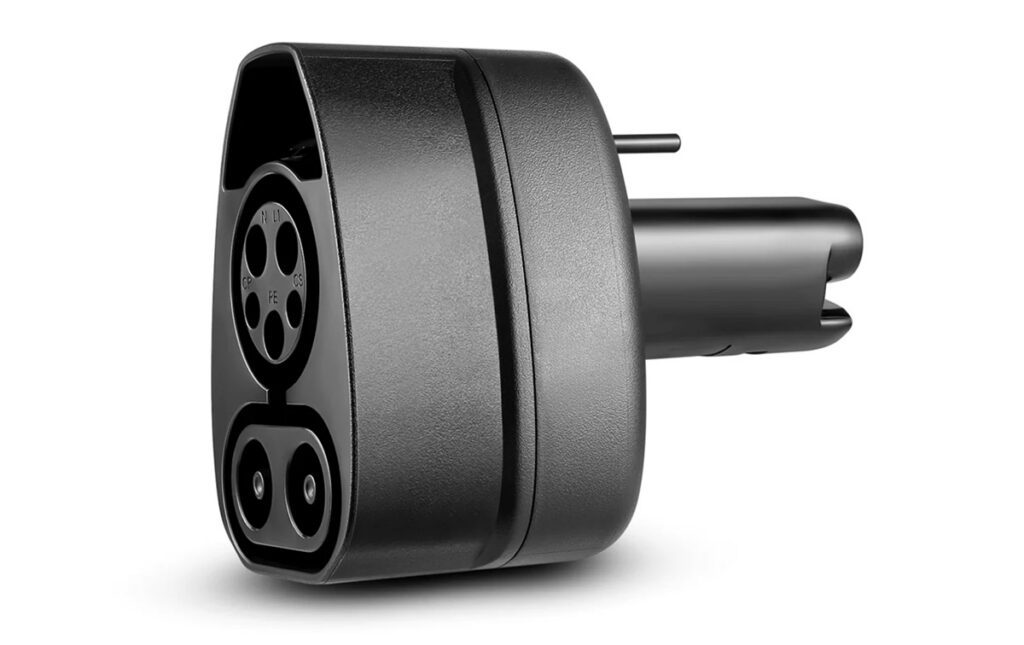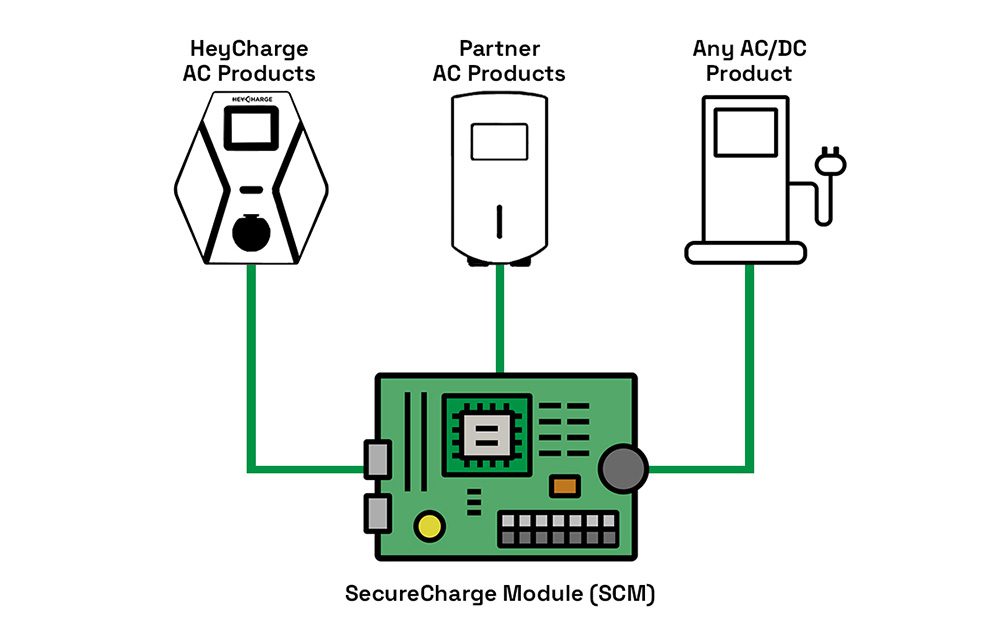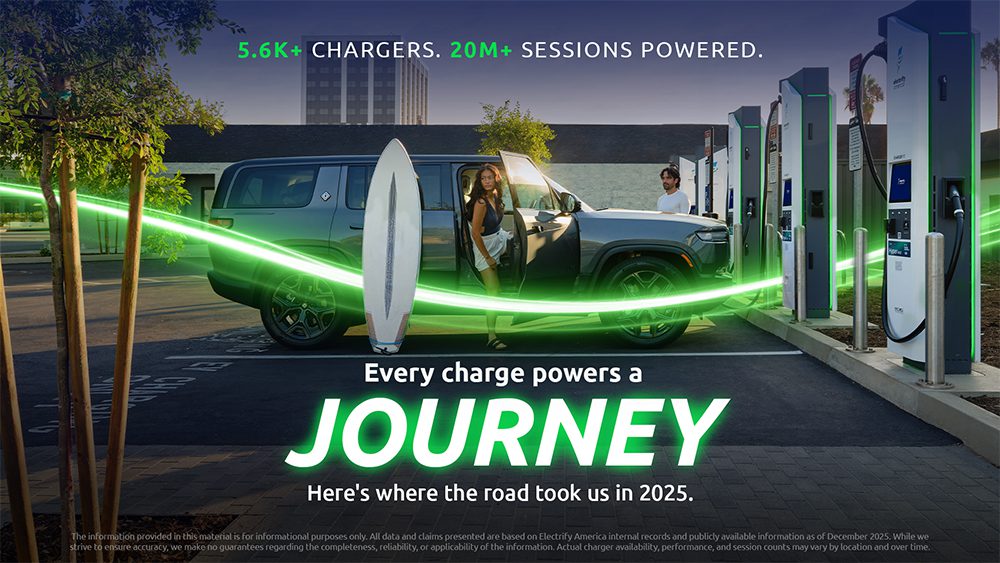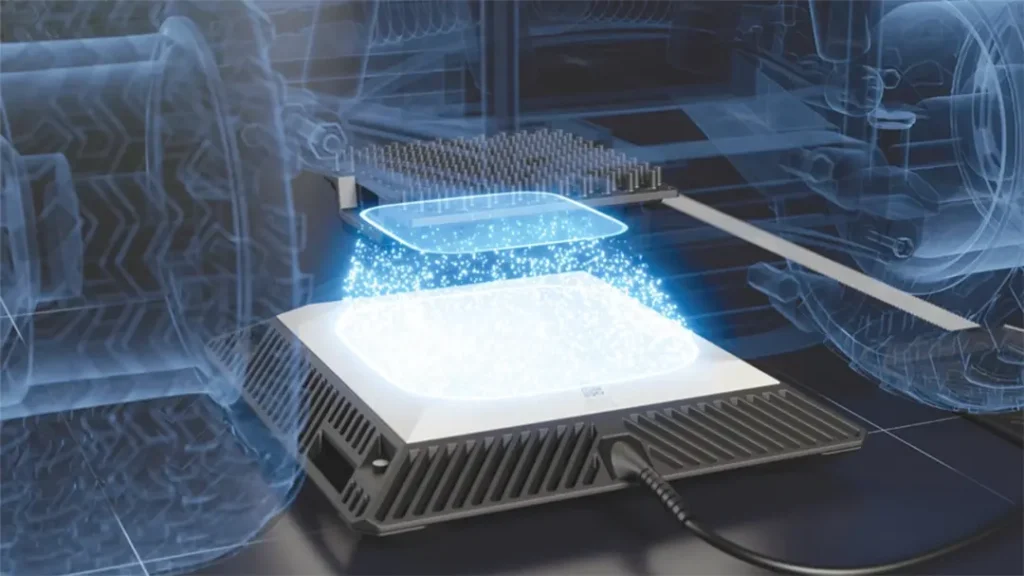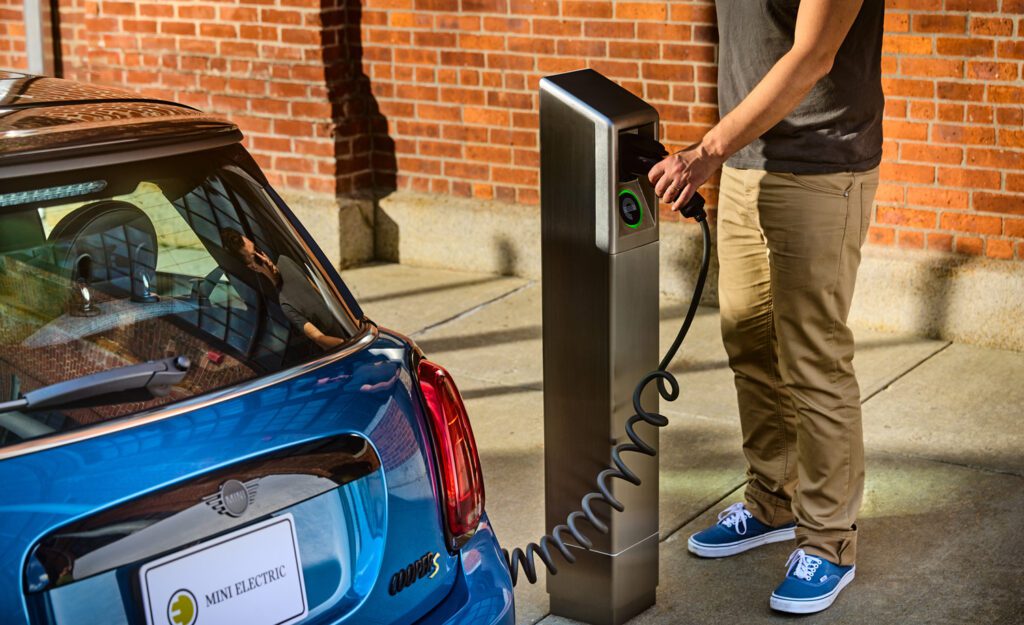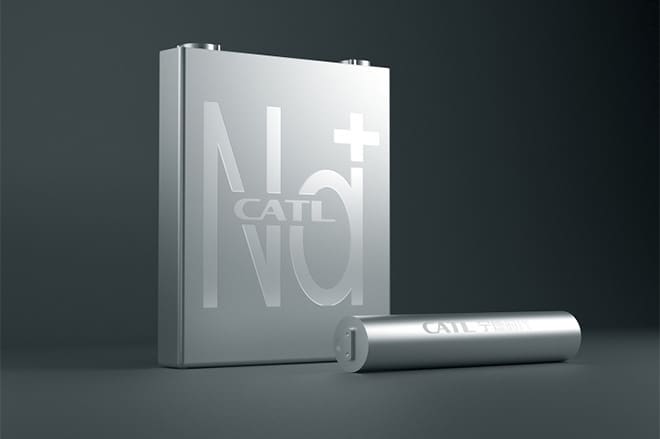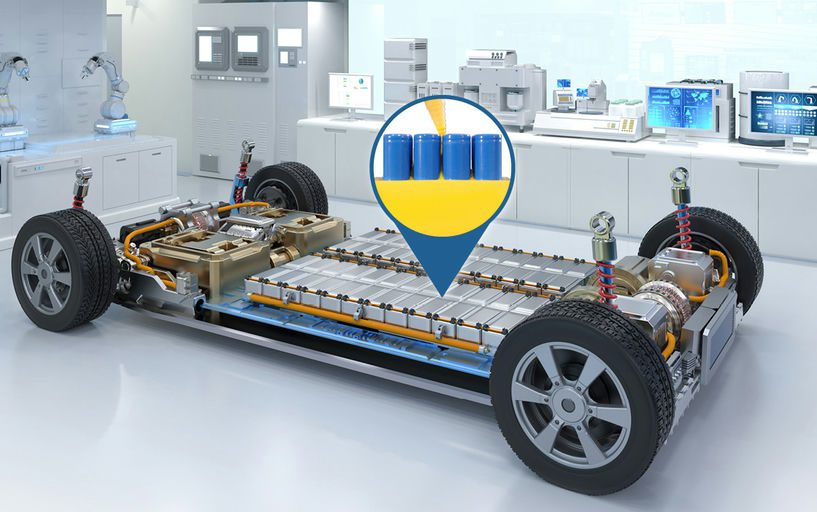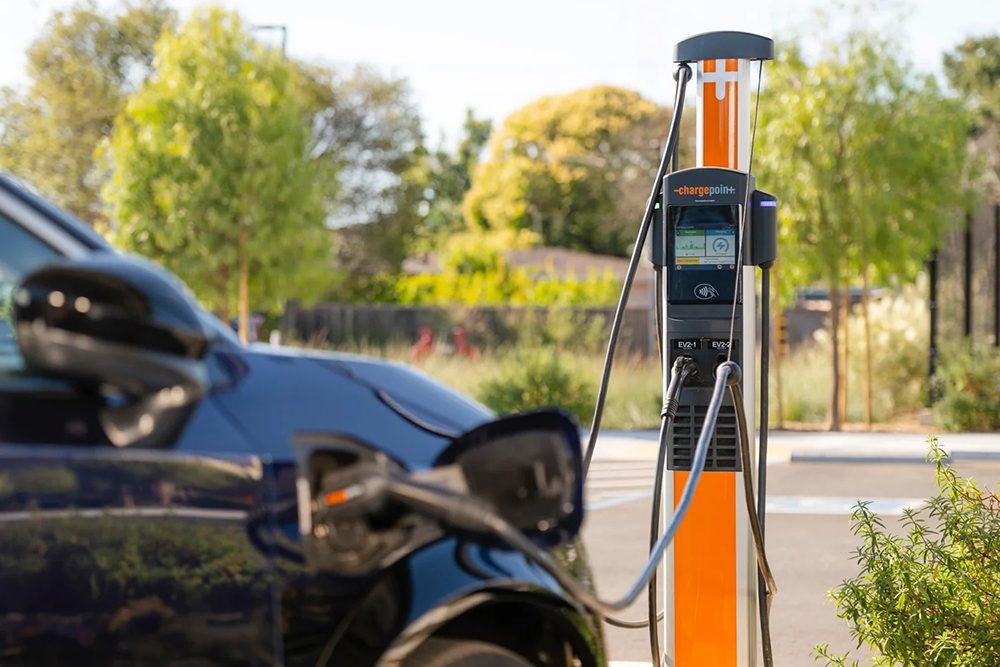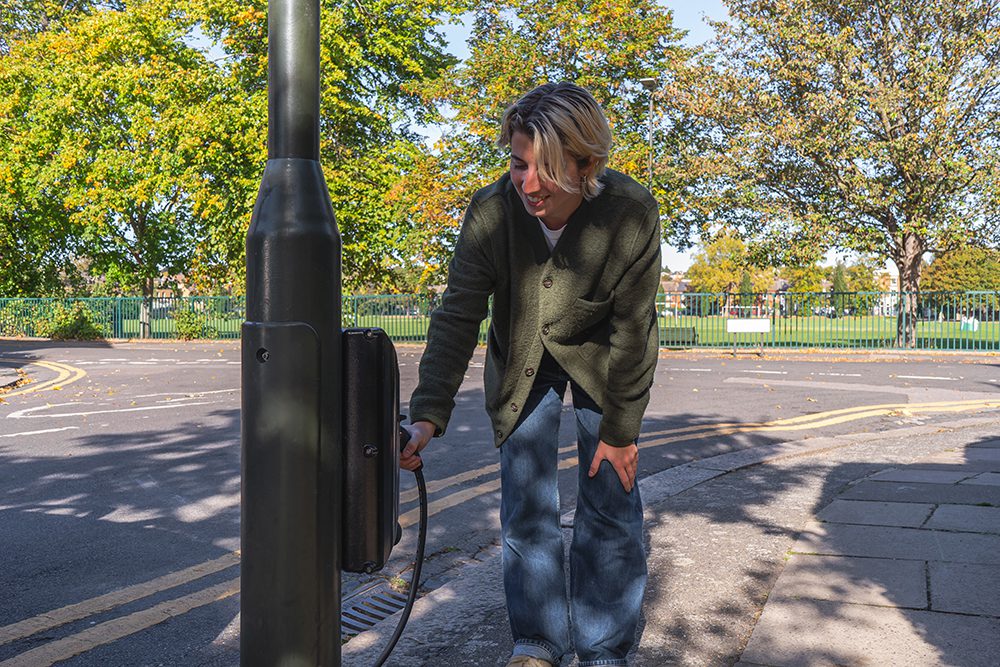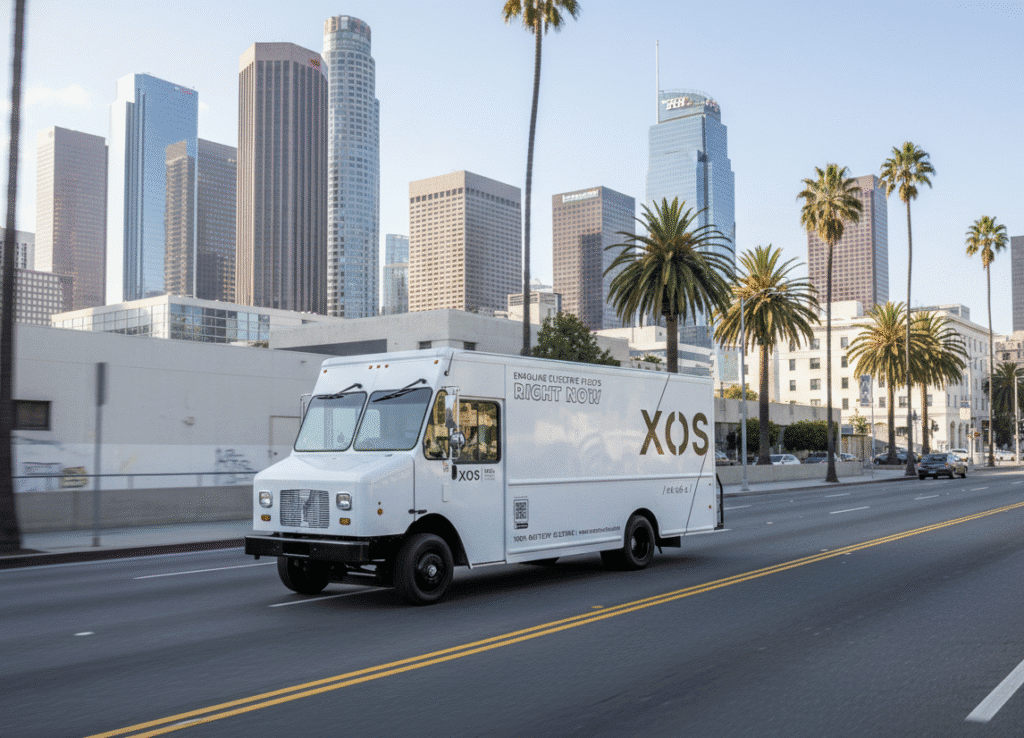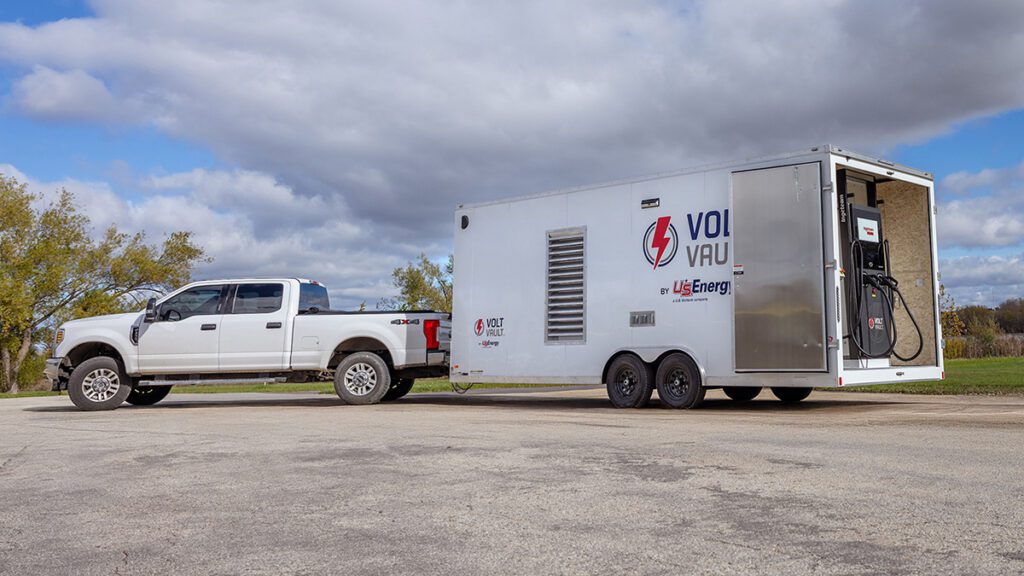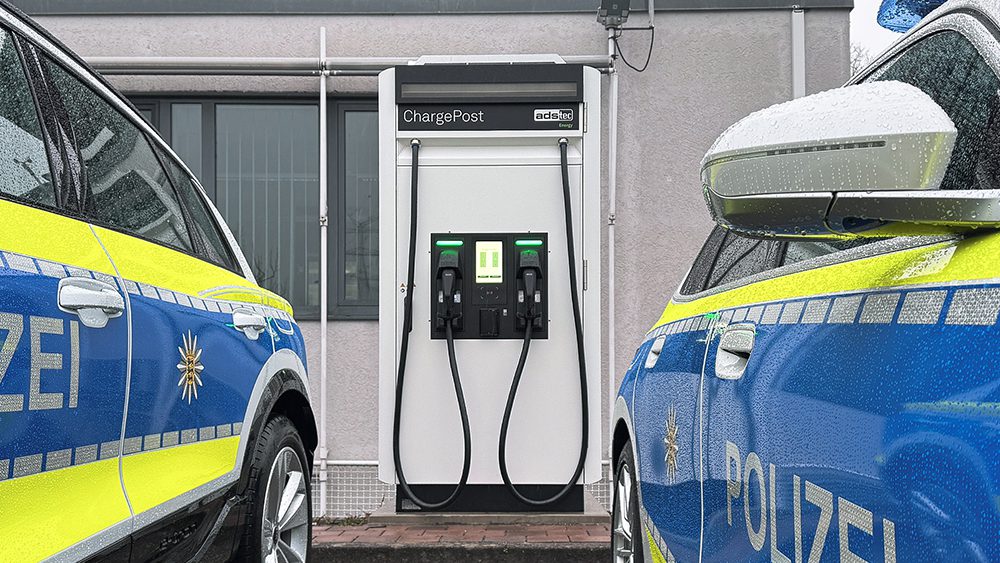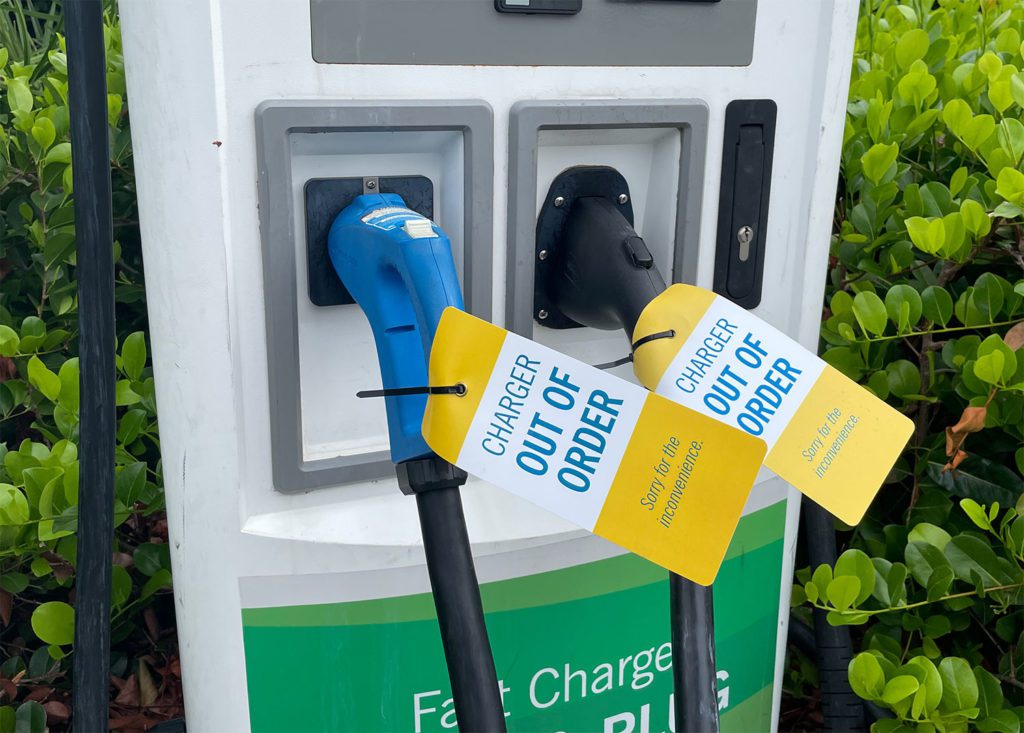Electric buses have lower global warming emissions than diesel and natural gas buses, even in cities with power grids that depend on coal plants, according to a new analysis by the Union of Concerned Scientists (UCS). The study found that, on average, electric buses produce less than half of the GHG emissions of diesel or natural gas buses.
On average in the US, a diesel bus would have to attain 12 mpg to have the same lifecycle global warming emissions (including emissions released during fuel production). A typical diesel bus today gets only 4.8 mpg.
“Everywhere in the country electric buses are better for the climate than their diesel and natural gas counterparts,” said Dr. Jimmy O’Dea, Senior Vehicles Analyst at UCS. “In cities that get their electricity from power grids with the highest amounts of clean energy, electric buses are even cleaner than the typical car on the road today.”
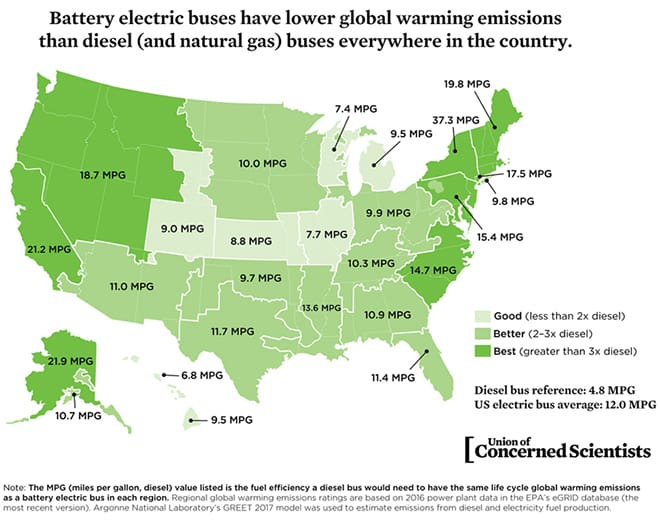
Electric buses are cleanest in places with relatively high levels of low-carbon power, such as the Pacific Northwest, California and the Northeast.
“In regions that use a lot of renewable energy, transitioning to electric buses should be a no-brainer,” said O’Dea. “But even in places like Cleveland or Minneapolis that still rely on coal, electric buses have the advantage of getting cleaner as the power grid gets cleaner, and transit agencies have the option to power their buses with renewable electricity.”
Nationwide, more than 85 transit agencies have begun electrifying buses. Los Angeles Metro has committed to fully electrifying its transit fleet by 2030 and Seattle’s King County Metro has committed to an all-electric fleet by 2040. Charged’s home town of St Petersburg, Florida has four BYD e-buses in the pipeline.
Source: Union of Concerned Scientists

